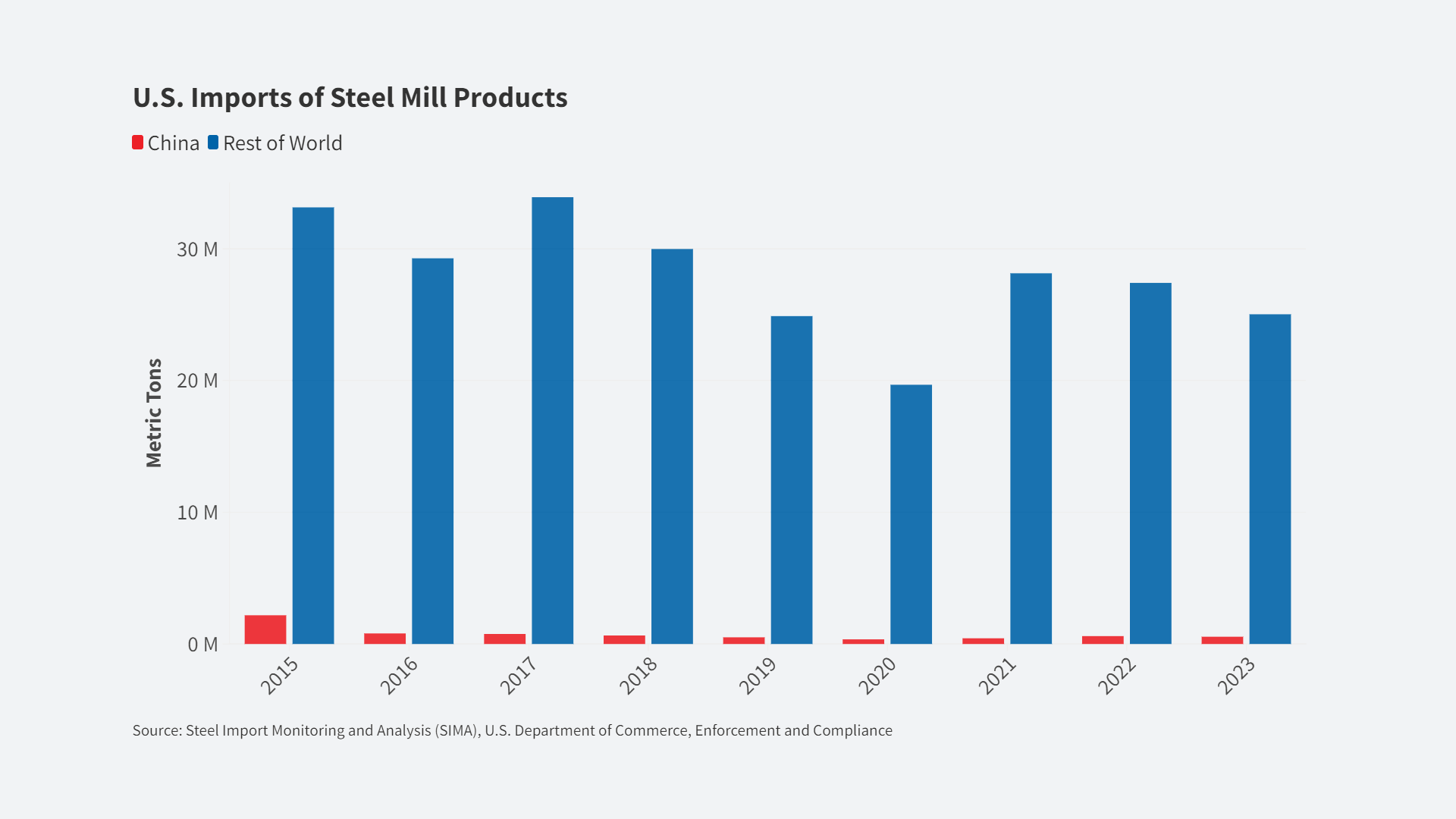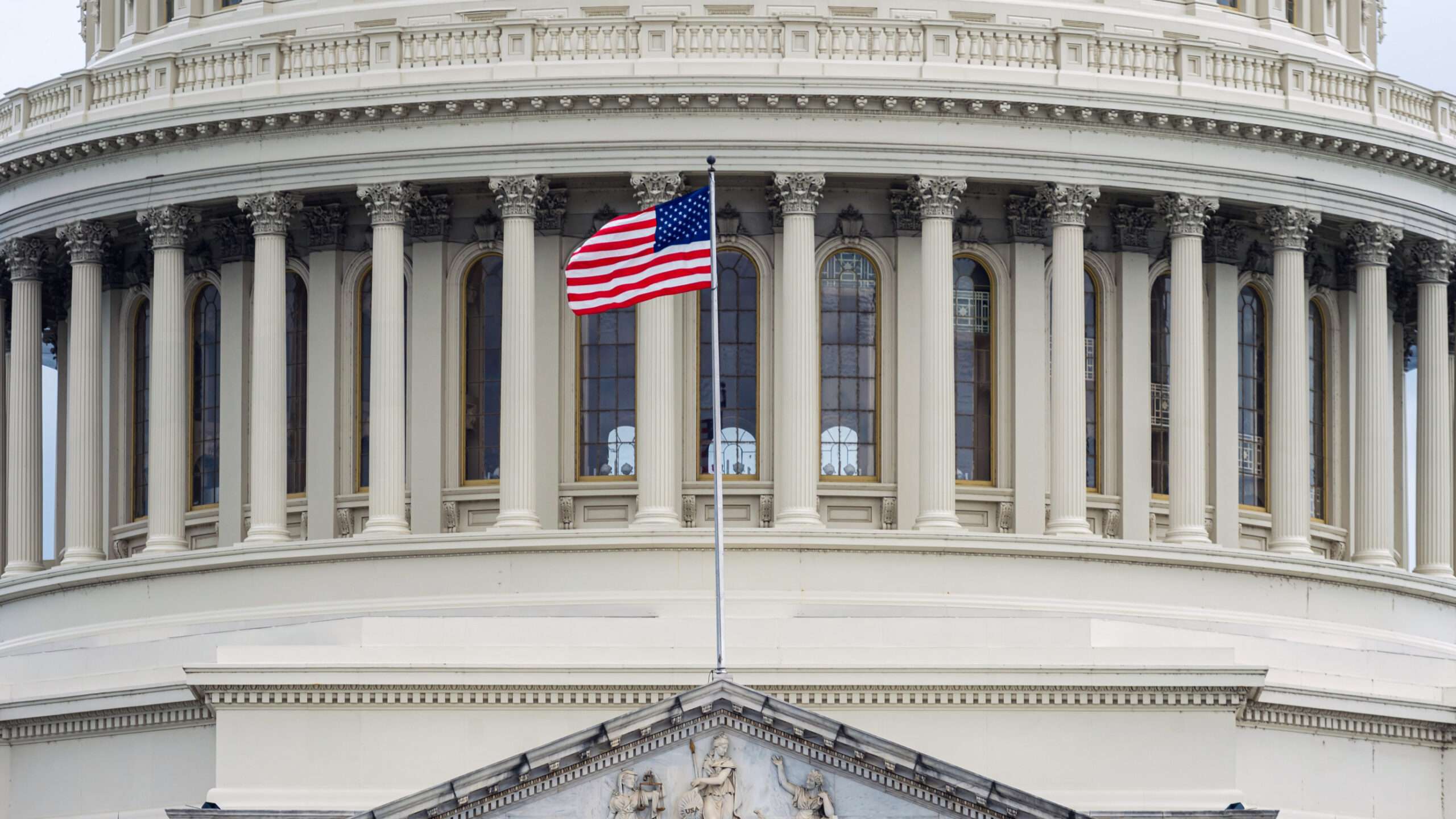
Although China is often characterized by observers as the chief villain in currency manipulation, the latest U.S. government report reserves its sharpest criticism for South Korea.
While the U.S. refrained on Wednesday from labeling any major trading partner a currency manipulator, the Treasury Department said it “has intensified its engagement with [South] Korea on these issues.”
[by Greg Robb| April 10, 2015 | MarketWatch]
The report said South Korea needed to “allow more space” for its currency, the won, to appreciate .
“We made clear that Korean authorities should reduce foreign exchange intervention, limiting it to the exceptional circumstances of disorderly market conditions, and allow the won to appreciate further,” the report said.
“There is a grey line of currency manipulation. The U.S. is saying South Korea hasn’t reached that level but their actions are not consistent with the spirit of our agreements,” said Marc Chandler, global head of currency strategy at Brown Brothers Harriman.
South Korean authorities appear to have intervened in December and January to keep their currency from appreciating, the report said.
Since June 2014 through February, the Korean won (USDKRW, +0.64%) has depreciated 9% against the dollar.
Singling out South Korea is awkward as a free-trade agreement between the two countries took effect in 2012.
South Korean officials routinely say they intervene only to smooth won volatility but critics in the U.S. have said the bilateral trade deal has not met expectations.
Sung Won Sohn, an economics professor at Cal State Channel Islands, said one reason for the South Korean currency is that the domestic economy “is not doing very well.” The Bank of Korea on Wednesday cut its 2015 growth outlook.
South Korea’s trade surplus with the U.S. totaled $14 billion in the second half of 2014, larger than the $9.6 billion surplus from the same period a year ago.
Chandler noted that South Korea is in tough competition with Japan on some industries so allowing its currency to strengthen puts it in a tough position.
Japan’s currency has been weak as the government continues with quantitative easing to try to boost the moribund economy. U.S. officials have supported QE even though it drives down currency values because it also boosts domestic demand.
Many members of Congress are using the example of South Korea to argue that any new trade deal, including the Trans-Pacific Partnership between the U.S. and 11 other countries, must include language to discourage countries from holding down their currencies’ value. South Korea is not a party to the proposed trade deal.
Treasury has said that its diplomacy is the best way to manage currency disputes. Supporters of the trade agreement worry that the currency language could kill the chances of reaching a trade deal.
The Treasury report warns that the U.S. cannot be the only engine of demand. It urges countries with large trade surpluses – Germany, China, Japan, and South Korea – to enact policies to boost demand for foreign imports among their own consumers.
Chandler said he was surprised that the U.S. was not as critical of Germany as former Federal Reserve Chairman Ben Bernanke, who used his new blog this week to take a shot at the eurozone’s largest economy.
China has made “real progress” the report said, but added that the policy makers need to “durably curb” activities in foreign exchange markets, including at times when there is market pressure for appreciation.
China is pushing to have its currency play a bigger part on the global stage. It is seeking to include the yuan in the International Monetary Fund’s basket of official reserve currencies.
Treasury Secretary Jacob Lew has said that China needs to loosen controls on its currency before it could be included in the IMF basket. The Treasury report said that China also has to be more transparent about its foreign exchange market intervention.













